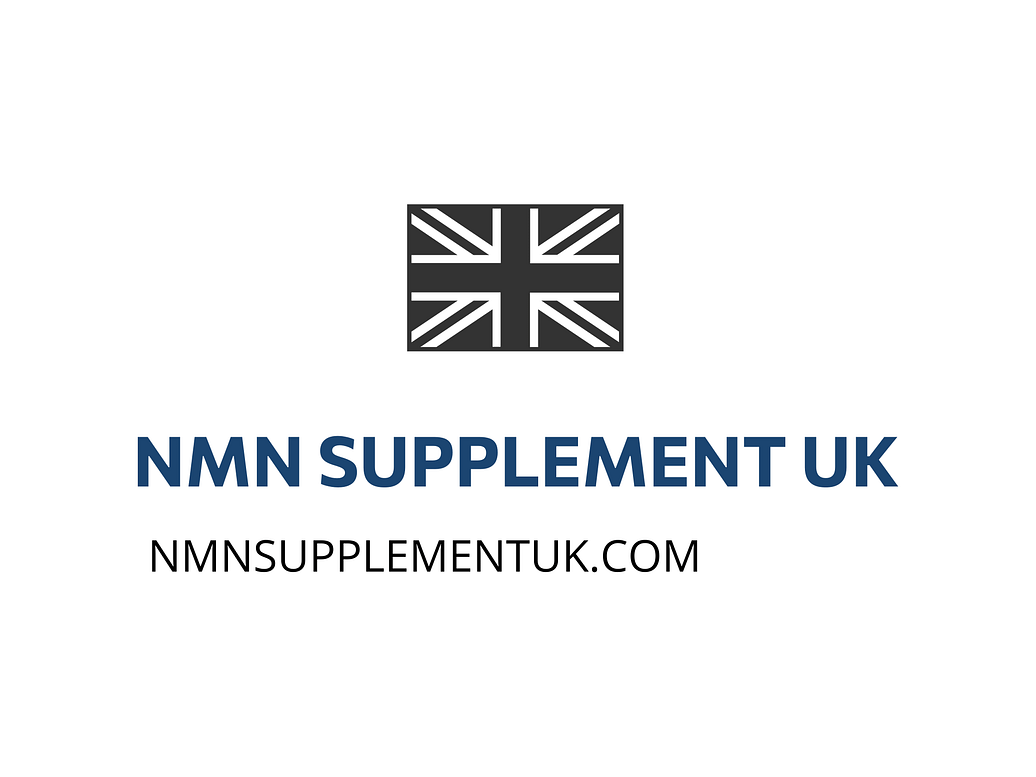Premium Guide to NMN supplements: 9 Proven Benefits in 2025
As we navigate the complex world of health and wellness in 2025, it’s becoming increasingly clear that health supplements play a vital role in maintaining our overall health. But with so many options available, it can be overwhelming to decide which supplements are right for us. In this analysis, we’ll delve into the world of health supplements, exploring the latest research, trends, and insights to help you make informed decisions about your health.
Understanding NMN supplements: Understanding the Basics of Health Supplements
Before we dive into the advanced insights, it’s essential to understand the basics of health supplements. Health supplements are products that contain vitamins, minerals, herbs, or other nutrients that can help fill nutritional gaps in our diet. They can come in various forms, including capsules, tablets, powders, and liquids. While health supplements can be beneficial, it’s crucial to remember that they shouldn’t replace a healthy diet and lifestyle.
Looking for high-quality NMN supplements? For example, if you’re not getting enough vitamin D from sunlight or food sources, a vitamin D supplement can help.
However, it’s also important to maintain a balanced diet that includes foods rich in vitamin D, such as fatty fish, egg yolks, and fortified dairy products. As we’ll discuss later, finding the right balance between supplements and whole foods is critical for optimal health.
The Importance of Quality and Safety
When it comes to health supplements, quality and safety are paramount. With so many products on the market, it can be challenging to know which ones are trustworthy. Look for supplements that are manufactured by reputable companies, adhere to good manufacturing practices (GMPs), and are tested by third-party organizations.
A good example of a reputable organization is the National Science Foundation (NSF), which tests and certifies supplements for quality and purity. You can visit their website to learn more about their certification process and find NSF-certified products.
As someone who’s passionate about health and wellness, I believe it’s worth doing your research and investing in high-quality supplements that meet rigorous standards.
Advanced Insights into Health Supplements
Now that we’ve covered the basics, let’s dive into some advanced insights that can help you navigate the world of health supplements.
- Personalization is key: With advancements in genetic testing and personalized medicine, we can now tailor our supplement regimens to our individual needs. For instance, if you have a genetic predisposition to vitamin B12 deficiency, you may need to take a supplement to maintain optimal levels.
- The gut-brain connection: Research has shown that the gut microbiome plays a critical role in our overall health, including our mental well-being. Supplements like probiotics and prebiotics can help support a healthy gut-brain axis.
- The importance of omega-3s: Omega-3 fatty acids, particularly EPA and DHA, are essential for heart health, brain function, and inflammation regulation. While you can get omega-3s from fatty fish, supplements can be a convenient alternative.
- Vitamin D and bone health: Vitamin D is crucial for maintaining strong bones, and supplements can help fill nutritional gaps. However, it’s also important to maintain a balanced diet that includes calcium-rich foods.
- The role of antioxidants: Antioxidants like vitamins C and E, as well as polyphenols, can help protect against oxidative stress and inflammation. While you can get antioxidants from whole foods, supplements can provide an extra boost.
- The impact of stress on supplement efficacy: Chronic stress can affect the absorption and efficacy of supplements. Practicing stress-reducing techniques like meditation or yoga can help optimize supplement benefits.
- The importance of timing: The timing of supplement intake can impact their efficacy. For example, taking a probiotic supplement with food can enhance its absorption.
- Interactions with medications: Certain supplements can interact with medications, so it’s essential to consult with a healthcare professional before adding new supplements to your regimen.
- The role of nutrition in supplement efficacy: A balanced diet that includes whole foods can enhance the efficacy of supplements. For example, vitamin C can enhance the absorption of iron from plant-based sources.
- The future of health supplements: As research continues to evolve, we can expect to see more personalized and targeted supplements that address specific health needs.
Practical Challenges and Nuanced Perspectives
As we explore the world of health supplements, it’s essential to acknowledge the practical challenges and nuanced perspectives that come with it. For instance, while supplements can be beneficial, they can also be expensive and inaccessible to some individuals. Plus, the supplement industry is largely self-regulated, which can make it challenging to navigate.
I’ve personally struggled with finding affordable and high-quality supplements that meet my individual needs. However, I’ve learned that it’s worth investing in my health and doing my research to find reputable products.
If you’re facing similar challenges, I recommend consulting with a healthcare professional or registered dietitian who can help you navigate the world of health supplements.
Real-World Examples and Scientific Evidence
Let’s take a look at some real-world examples and scientific evidence that support the use of health supplements. For instance, a study published in the National Institutes of Health found that omega-3 supplements can help reduce inflammation and improve heart health.
Another example is the use of probiotics in maintaining a healthy gut microbiome. Research has shown that probiotics can help alleviate symptoms of irritable bowel syndrome (IBS) and improve overall gut health.
While more research is needed to fully understand the benefits of probiotics, the existing evidence is promising.
Controversial Opinions and Tradeoffs
As we explore the world of health supplements, it’s essential to acknowledge the controversial opinions and tradeoffs that come with it. For instance, some experts argue that supplements are unnecessary and that a balanced diet can provide all the necessary nutrients. However, others argue that supplements can be beneficial in filling nutritional gaps and addressing specific health needs.
In my opinion, the key is finding a balance between whole foods and supplements. While a balanced diet is essential, supplements can provide an extra boost and help address specific health needs.
However, it’s crucial to approach supplements with a nuanced perspective and consider the potential tradeoffs, such as cost and accessibility.
Conclusion and Future Directions
As we conclude our in-depth analysis of health supplements, it’s clear that the world of health supplements is complex and multifaceted. While supplements can be beneficial, it’s essential to approach them with a nuanced perspective and consider the potential challenges and tradeoffs.
If you’re interested in learning more about health supplements or have questions about specific products, I recommend visiting our About Us page or checking out our FAQ section. Remember, it’s always important to consult with a healthcare professional before adding new supplements to your regimen.
In the end, the key to navigating the world of health supplements is to stay informed, be mindful of the potential challenges and tradeoffs, and approach supplements with a nuanced perspective. By doing so, we can harness the benefits of health supplements and maintain optimal health and wellness in 2025 and beyond.






